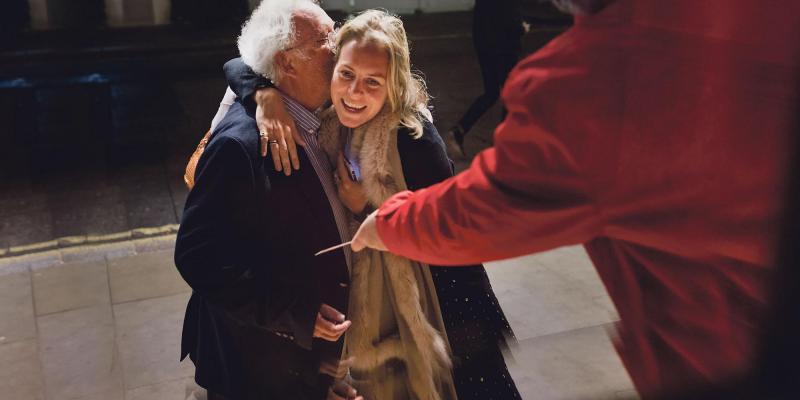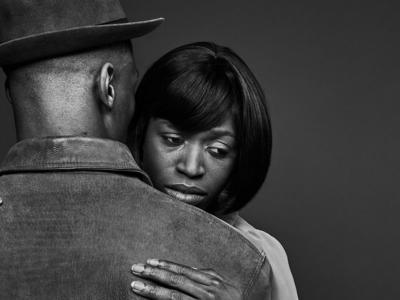The history of George Gershwin’s Summertime
With at least 25,000 versions, Porgy and Bess’s opening aria, ‘Summertime’, is the most covered song in the world.
Written in 1934, ‘Summertime’ was one of the first compositions George Gershwin worked on for his brand-new opera Porgy and Bess. The jazz-inspired song is a lullaby for Clara to sing to her child, and it is reprised several more times throughout the opera. The versatile hit went on to be covered by thousands of artists, in every genre from disco to reggae. Unfortunately, Gershwin wouldn’t live to see his song become the world-famous one it is today.
We’ve taken a look at some of the different versions of ‘Summertime’ from the past 80 years.
1935 – Porgy and Bess
Video
Many people think of Porgy and Bess as a musical, when in fact it was written by Gershwin (who came from a musical theatre background) to be his very first opera. Although jazz-inspired, the original version of ‘Summertime’ was to be performed by a classically trained opera singer.
The original, written in the minor key, has a slightly melancholy feel. The first ever performance of Summertime was sung by American soprano Abbie Mitchell.
In the 2018 ENO production of The Gershwins’ Porgy and Bess, ‘Summertime’ was sung by Nadine Benjamin.
1936 – Billie Holiday
Video
A year after the opera’s premiere, a 21 year old jazz singer called Billie Holiday recorded a version of ‘Summertime’; the first cover of the song that would reach the US charts.
Billie was from Harlem, the home of New York’s black community, which at the time was bursting with creativity. Black artists, musicians and intellectuals such as Duke Ellington, Langston Hughes and Lois Mailou Jones celebrated their African American culture through their works during this golden age. This era is known as the Harlem Renaissance.
1956 – Mahaila Jackson
Video
Dubbed ‘The Queen of Gospel’, Mahaila Jackson became one of the most influential gospel singers in the world by singing ‘God’s music’. In 1956, however, Jackson released ‘Summertime’, one of the few times she recorded music that wasn’t religious.
A prominent activist in America’s civil rights movement, Jackson purposely meshed Gershwin’s ‘Summertime’ with the African American spiritual, ‘Sometimes I Feel Like a Motherless Child’.
1957 – Ella Fitzgerald and Louis Armstrong
Video
Up until the release of Ella Fitzgerald and Louis Armstrong’s Jazz album, Porgy and Bess, ‘Summertime’ was still relatively unknown.
Fitzgerald’s cover quickly propelled the song into the limelight, not only cementing it as a jazz staple, but also as globally recognisable hit. The opera was even turned into a film two years later (featuring Sidney Poitier and Dorothy Dandridge in the title roles), further propelling the song for greatness.
1959 – Miles Davis
Video
Jazz has always been an expression of cultural diversity and individualism. Because of this, jazz artists have always been able to use improvisation to express themselves. The simple melody of ‘Summertime’ left much room for improvisation, and jazz instrumentalists each took turn to make the song their own.
Being one of the most influential figures in the history of jazz, Miles Davis’s instrumental version of ‘Summertime’ on his 1958 album, Porgy and Bess, is one of the best known. Recorded over just four days in the summer of 1958, Porgy and Bess is still considered as an historic jazz masterpiece.
Miles Davis started his career as a member of Charlie Parker’s bebop quintet. Parker’s instrumental version of the song is also well known.
1968 – Janis Joplin
Video
With the genre’s origins in blues and jazz, it’s no surprise that ‘Summertime’ was covered by many Rock’n’Roll artists in the 60s.
With her bluesy vocal style, ‘Summertime’ was a natural choice for Janis Joplin and her band, Big Brother and the Holding Company. The album in which the track featured, Cheap Thrills, was one of the most successful albums of the 1968.
Along with Joplin’s, versions of the song by artists such as Ricky Nelson, The Zombies and even the soulful Al Green helped popularise ‘Summertime’ to a new generation of people.
1973 – B.B. Seaton
Video
The success of ‘Summertime’ didn’t stop in America. By the 70s, the song had travelled to Jamaica, and B.B Seaton’s reggae rendition was soon released.
As the song spread around the globe, so did a number of interpretations. From Mongo Santamaría’s Latin jazz version in the 1980s to Beninese singer Angelique Kidjo’s cover in 2012 (sang in her native tongue), ‘Summertime’ was adapted time and time again.
Start your opera journey with ENO.











